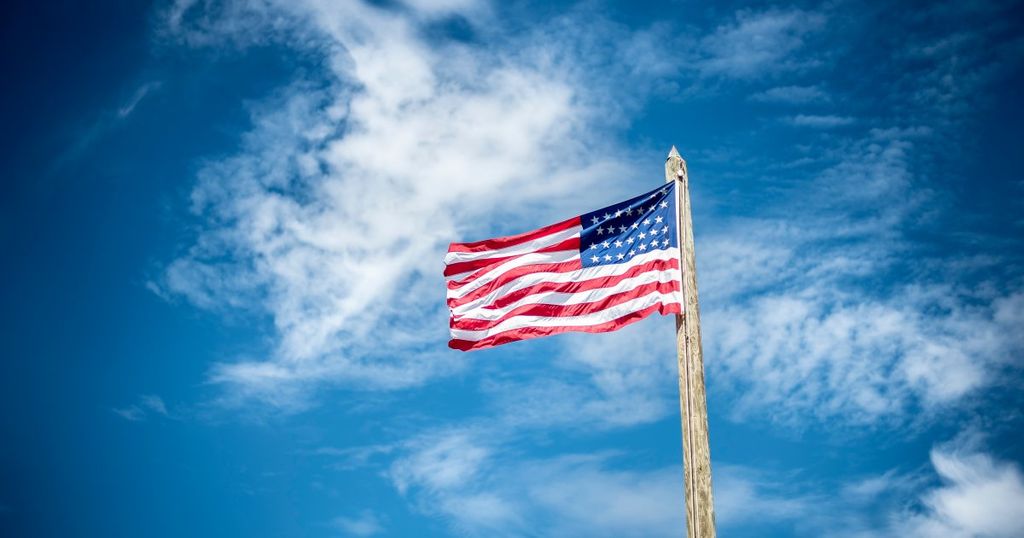- Trademarks & Designs
- Trademarks & Designs
- Strategy & managementUnlock the potential of your brand portfolio
- SearchingScreening and clearance search with smart pre-selection
- RegistrationTailored support to maximise your brand potential
- WatchingMonitor rights efficiently and cost-effectively worldwide
- Monitoring & prosecutionProtect and enforce rights on- and off-line
- Renewals & recordalsFlexible renewal and recordal services
- Strategy & management
- IP consultingBrand development, audits, licensing, M&A, valuation/monetisation, contract management and more
- IP consulting
- Patents
- Solutions
- Trademarks & Designs
- Trademarks & Designs
- Strategy & managementUnlock the potential of your brand portfolio
- SearchingScreening and clearance search with smart pre-selection
- RegistrationTailored support to maximise your brand potential
- WatchingMonitor rights efficiently and cost-effectively worldwide
- Monitoring & prosecutionProtect and enforce rights on- and off-line
- Renewals & recordalsFlexible renewal and recordal services
- Strategy & management
- IP consultingBrand development, audits, licensing, M&A, valuation/monetisation, contract management and more
- IP consulting
- Patents
- Solutions
- Contact
- About us
- About us
- About usProud to support iconic brands and innovative organisations worldwide
- Mission & visionDiscover how we are redefining IP management through dynamic, strategic and personalised services
- MilestonesExplore our history from our founding 135+ years ago to the present day
- Our offices18 offices and unique network of specialists delivers local expertise on a global scale
- Social responsibilityWe strive to positively impact the environment and the global community in which we work and live
- GovernanceInnovation, client focus and a passion for IP. Meet our management team
- About us
- Careers
- Log in
- About us
- About us
- About usProud to support iconic brands and innovative organisations worldwide
- Mission & visionDiscover how we are redefining IP management through dynamic, strategic and personalised services
- MilestonesExplore our history from our founding 135+ years ago to the present day
- Our offices18 offices and unique network of specialists delivers local expertise on a global scale
- Social responsibilityWe strive to positively impact the environment and the global community in which we work and live
- GovernanceInnovation, client focus and a passion for IP. Meet our management team
- About us
- Careers
- Log in

Registering character marks: The case of ‘Uncle Sam’
An application to register Uncle Sam as a figurative trademark has been refused by the USPTO on the grounds of its iconic character and cultural significance, as Theo Visser explains.
The Uncle Sam character (shown below) was famously designed in 1917 by James Montgomery Flagg for use in an army recruitment poster. The popular character is easily recognisable thanks to its long white hair, white beard and a top hat, and is considered an important symbol of US patriotism.

Nonetheless, a German retailer of sporting goods, Uncle Sam GmbH, applied for an International Registration,  designating the US, to protect its Uncle Sam logo (pictured, right) for, among other things, food. The application was refused and Uncle Sam GmbH appealed against this refusal to the Board of Appeal.
designating the US, to protect its Uncle Sam logo (pictured, right) for, among other things, food. The application was refused and Uncle Sam GmbH appealed against this refusal to the Board of Appeal.
Barriers to trademark registration
Defending the application, the company argued that its use of the image was consistent with a long history of the image being used for advertising purposes. The Board of Appeal agreed with this argument, but found that the Uncle Sam image could not serve as a trademark since the function of a trademark was to distinguish the origin of a product or service. As the image has been used so extensively to advertise various products and services, it had essentially become too generic a mark to be registrable.
As Uncle Sam GmbH also argued, there are a number of US trademark registrations already in place for Uncle Sam, as well as other iconic characters, such as the Statue of Liberty and the Mona Lisa. The Board of Appeal’s ruling did not touch on this argument, however, as it had already refused the application on the grounds outlined above.
For more on the challenges and benefits of registering fictional characters as trademarks, please read our article ‘Character wars: Trademark and copyright protection for fictional characters’.
Theo Visser is an IP consultant in the Amsterdam offices of Novagraaf.